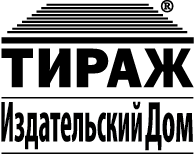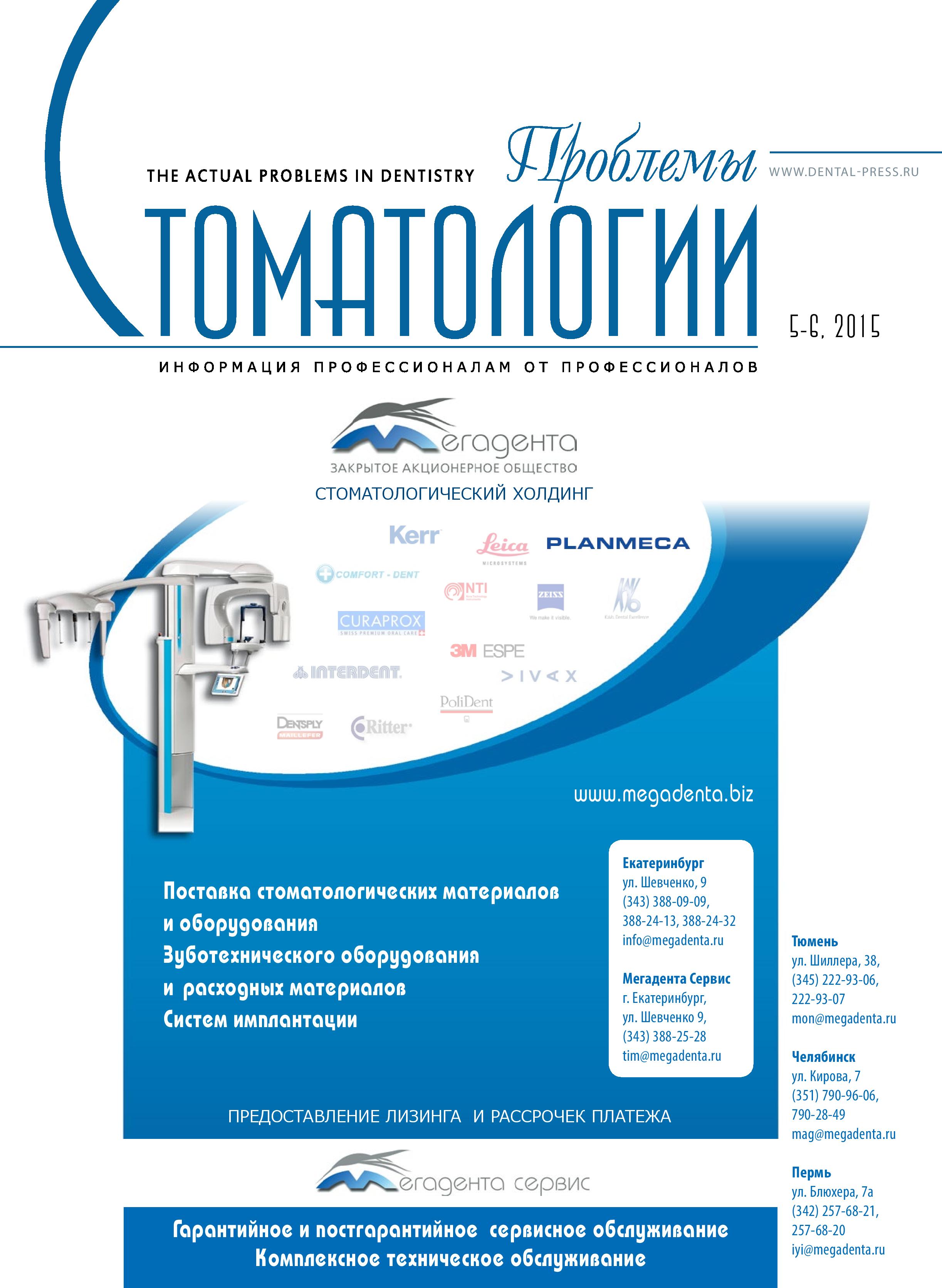Ufa, Ufa, Russian Federation
Ekaterinburg, Ekaterinburg, Russian Federation
Herpes viruses (cytomegalovirus (CMV), Epstein-Barr virus (EBV), herpes simplex virus (HSV) able persist in the body for life and can be reactivated under the influence of various exo- and endogenous trigger factors after primary infection in childhood. Persistent herpes virus infection causes marked clinical immunological changes in a number of somatic and dental diseases. However, the work on the impact of herpes infection on the development and clinical course of oral lichen planus (CPL GRA), in particular, different types of herpes simplex virus (HSV), Epstein-Barr (EB) and cytomegalovirus (CMV) are rare and contradictory. The aim of the work was to determine the immunological parameters of herpesvirus infections in patients with lichen planus of the oral mucosa. The study was performed involving 107 patients with oral lichen planus. A control group comprised 79 healthy people matched for age and sex with the patients of the research team. The examination was performed by enzyme immunoassay (EIA) with determination of antibody Ig classes M and G of HSV and CMV in serum of studied patients. Latent herpes infection found in more than 2/3 of all patients with oral lichen planus, and in patients with severe disease is detected in 2.3 times more likely. Considering that activation and persistence of herpes viruses, regardless of the localization caused them inflammation, promote aggravation immunodeficiency, including the mucous membrane of the mouth, we can assume their role in protracted or chronic course of inflammation with oral lichen planus, possibly including autoimmune mechanisms. This fact must be taken into account in the appointment of an integrated treatment of lichen planus of the oral mucosa.
oral lichen planus, herpes simplex virus type 1,2, cytomegalovirus, oral mucosa, persistence.




















